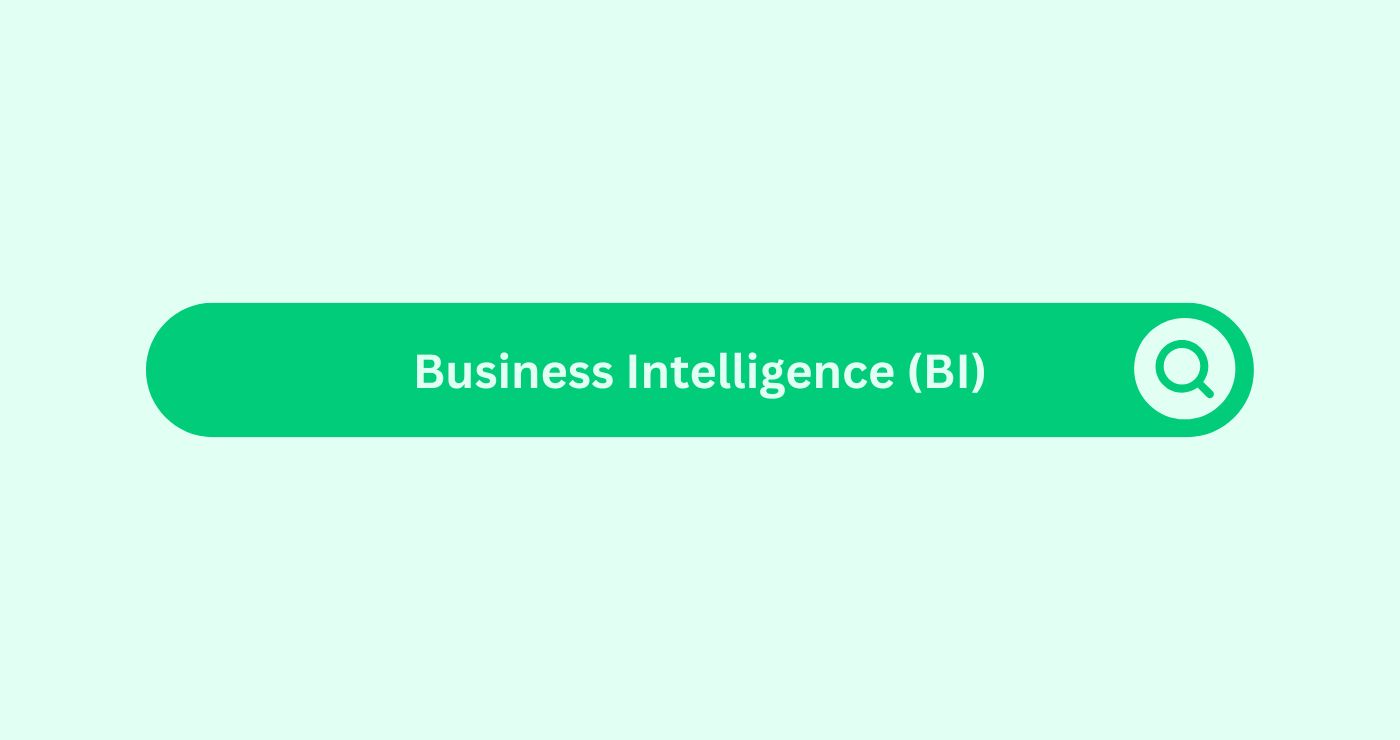Definition
When people toss around “business intelligence” and “AI” in the world of content marketingDefinition Content marketing strategically creates and share..., they’re talking about using fancy tech to scoop up a ton of marketing data—both the old stuff and what’s happening right now. We’re talking search rankings, how folks wander around your site, what campaigns bombed or blew up, and the whole nine yards. Then, these AI-powered tools chew through it all, spit out insights, and (if you’re lucky) tell you what’s working, what’s tanking, and how to tweak your stuff so it gets seen. Forget gut feelings—this is about letting the machines help you make smarter calls, boost your SEO game, and, honestly, just look like you know what you’re doing.
If running a performance marketing gig—or honestly, any digital agency in Auckland that isn’t stuck in 2012—you’d be nuts not to mess around with those AI-powered BI tools. In fact, they chew through keywordsDefinition Keywords are crucial for SEO success as they conn... and pick apart what people are clicking or ignoring across Insta, TikTok, or whatever. Plus, they’re pretty savage at stalking what your competition’s up to and spotting all the stuff they’re missing.
All that data? We can twist your content to hit where it matters, drop your posts when real people are scrolling, and squeeze every last drop out of SEO. Not just guessing, either. It’s like actually seeing inside your audience’s head (in a not-creepy way).
BI systems enable Auckland SEO experts to assess which content formatsDefinition In the SEO space, "formats" refer to the various ... and channelsDefinition Channels in the context of SEO refer to the vario... deliver the highest returns. The ability to monitor KPIs in real time helps teams pivot campaigns quickly and efficiently. Combined with AI, business intelligence reveals hidden opportunities in large datasets, leading to data-driven content development and smarter budgetDefinition SEO budget is the money allocated for marketing a... allocation.
Example
A SEO company managing eCommerce clients used AI-integrated BI tools to analyse data from Google Analytics, CRM, and social mediaWhat is Social Media? Social media refers to online platform... dashboards. The data revealed that 72% of their organic trafficDefinition In the context of SEO (Search Engine Optimisation... came from mobile searches on weekends, primarily driven by long-tail keyword searches.
With this insight, the content team shifted to publishing mobile-optimised blogs with location-based keywordsDefinition Keywords are crucial for SEO success as they conn... during peak weekend hours. They also restructured landing pagesDefinition Landing pages are standalone web pages specifical... based on user heatmaps. Within six weeks, bounce rates fell by 38%, mobile conversions increased by 55%, and their keyword rankings improved across all product categoriesDefinition Categories, in the context of SEO and digital mar....
Formulas
Use these simple formulas to apply BI analyticsDefinition In SEO, analytics involves collecting, measuring,... for content marketingDefinition Content marketing strategically creates and share... insights:
| Formula | Purpose | Example |
|---|---|---|
| Content ROI = (Revenue – Cost) / Cost | Measures returns on content investments | ($12,000 – $4,000) / $4,000 = 2.0 (200%) |
| CTR = (Clicks / ImpressionsDefinition Impressions track campaign effectiveness for digi...) × 100 | Evaluates content performance in search | (2,000 / 10,000) × 100 = 20% |
| Bounce RateDefinition Bounce Rate in social media marketing refers to t... = (Bounces / Sessions) × 100 | Measures user retention | (400 / 1,000) × 100 = 40% |
| EngagementDefinition Engagement in content marketing refers to the deg... Score = (Shares + Comments) / Views | Assesses user interaction | (500 + 300) / 8,000 = 0.1 (10%) |
By integrating these KPIs into a BI dashboard, a digital marketing Auckland team can monitor real-time trends and predict campaignDefinition An SEO campaign involves focused, Organised effor... outcomes.
Key Takeaways
- Business Intelligence (BI) reveals high-performing content and conversionDefinition In the realm of SEO, Conversion refers to the pro... paths.
- AI-integrated BI tools support faster and more informed content decisions.
- Agencies in Auckland use BI to track multi-channel engagementDefinition Engagement in content marketing refers to the deg... and SEO gains.
- Clean, centralised data improves forecasting and budgetDefinition SEO budget is the money allocated for marketing a... allocation accuracy.
- Real-time BI reporting empowers marketing teams to pivot campaigns effectively.
FAQs
What is the primary benefit of using Business Intelligence (BI) in content marketing?
BI identifies data-driven opportunities to enhance SEO, engagementDefinition Engagement in content marketing refers to the deg..., and conversionDefinition In the realm of SEO, Conversion refers to the pro... performance.
How does AI enhance Business Intelligence (BI) functions?
AI automates data aggregation, uncovers hidden patterns, and enables predictive content recommendations.
Can a performance marketing agency implement BI without a large team?
Yes. Many cloud-based BI tools offer user-friendly interfaces and integrations that simplify deploymentDefinition Deployment is the release of software updates and... for smaller teams.
What data sources do Auckland SEO experts feed into BI systems?
Sources include Google AnalyticsDefinition In SEO, analytics involves collecting, measuring,..., search engine console data, CRM records, and social mediaWhat is Social Media? Social media refers to online platform... insights.
How often should BI dashboards be reviewed for content optimisation?
Weekly reviews are ideal to keep campaigns responsive and aligned with user trends.




